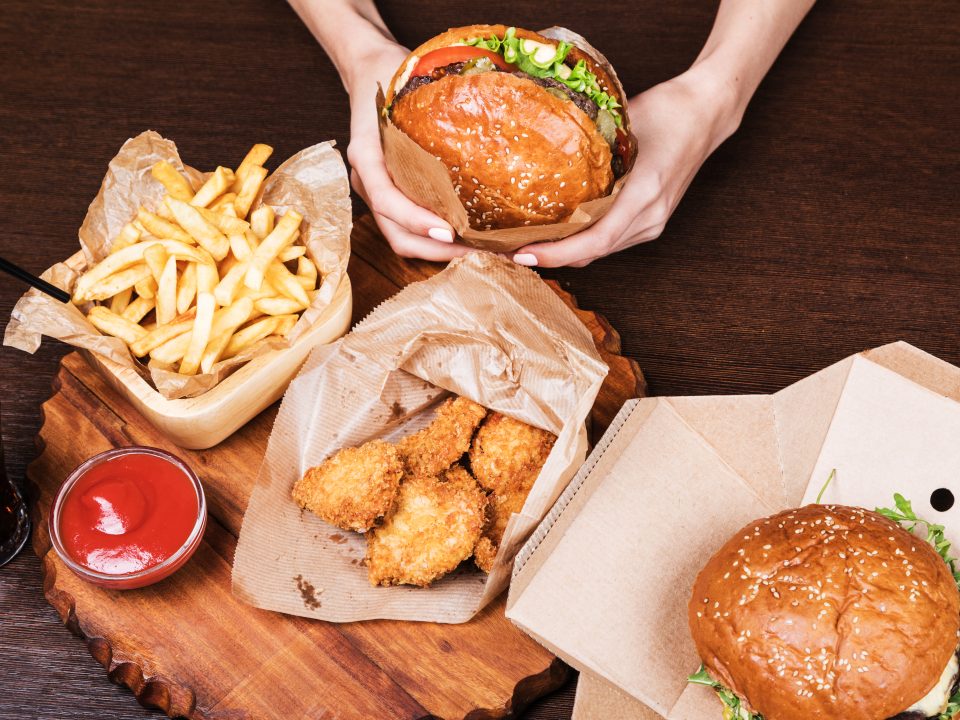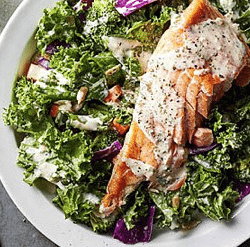
Avoid Chocolate Temptations at Easter
March 12, 2018
Natural sugars are fine! Or are they…
March 15, 2018Losing weight can seem like a lot of work. Finding recipes, meal ideas, exercise classes, creating shopping lists, reading nutrition labels. Let alone finding the time or energy to exercise, cook, pack lunches, or plan.
So when it takes so much energy just to get started, how on earth can you be expected to actually lose that weight?
It may be that the secret to effective weight loss is learning what it means to be effective! Confused? Keep reading.
Effective vs. efficient
So much of the time we get caught up in the actual process, rather than the outcome we want to achieve. For example, let’s say that it’s coming up to dinner time and you have decided that you want to lose weight. You spend an hour researching and putting together a collection of weight loss recipes, and feel a great sense of accomplishment at the end of that hour. And why not? You just found thirty great recipes! How efficient are you! But did that actually get you a healthy meal to eat for dinner?
In 20 minutes you could have checked the fridge to see what ingredients you had, thrown together a healthy stir fry with what you had on hand, dished out a sensible portion, and be half way through eating a tasty meal. Far less effort, and you actually got the result you were looking for. That’s called being effective vs. being efficient.
And the best part? To be effective in achieving your goal takes far less time and effort than the alternative.
Cut 70% of the effort
When you break it down, weight loss isn’t being perfect all the time. It’s the culmination of a lot of different behaviours, choices, and habits. Some of those will be more effective than others. The trick is to work out which ones will deliver the biggest bang for your buck, and then…. (here’s the best bit)… forget about the rest.
So let’s talk about how you actually implement this. Say you want the outcome you want is to exercise regularly. You brainstorm things you could do to reach your goal:
1: Research local gyms and exercise classes
2: Get new workout gear
3: Get a Fitbit so you can track your daily exercise
4: Look at your calendar and find 5 x 30 minute time slots in your week for exercising
5: Download a fitness app
6: Dig out the exercise equipment from the spare room
7: Go for walks
8: Find an exercise buddy
9: Research the most effective exercises for weight loss
10: Book a PT session
All of these seem logical right? But do you need to do all of them to reach your goal of regular exercise? What if you were only allowed to choose 2-3 from this list? Which actions would be the most effective in getting you to your goal?
Because everyone is different, those few action will be different for everybody. For example if you work long hours or have a lot of commitments, being able to schedule in time to exercise could be hugely important. If you have no idea what exercises you should or could be doing, booking a session with a PT could be a top priority. If you literally have a wardrobe with just dresses and high heels, purchasing comfortable workout equipment could be essential.
For many of us, it could be as simple as choosing to go for a walk every morning. If you aren’t very active at the moment, this would offer huge health benefits as well as improve your cardiovascular fitness. We often complicate things far more than we need to!
The big one… Diet!
With so many different diet plans out there, so much conflicting advice, so many shakes and supplements and bars to choose from, how do you know which is the right one for you?
What countless studies have shown is that the best plan is for a lifestyle change rather than following any one diet. Eating more fresh healthy ingredients and less unhealthy processed foods. Preparing more meals with fresh ingredients at home, and eating out or ordering takeaway less. Dishing up more moderate portions. Increasing your intake of whole fruit and vegetables, in particular your non-starchy vegetables. Finding ways to be more physically active every day.
Start where you are now, and made gradual changes as you go to improve a little more each day. Work on just a few things each week, and start forming more healthy habits that you will be happy to carry on long term. You’ll pick up new recipes, new skills, new strategies, and new knowledge along the way. You don’t need to know all the answers before you can start.
If things start to feel too overwhelming, just take a step back and think about what few things you could do that would make the biggest impact. Chances are, if you make good improvements on really effective areas in your life each week, in a few months from now you’ll be noticing really substantial improvements in your health, fitness, and weight.





